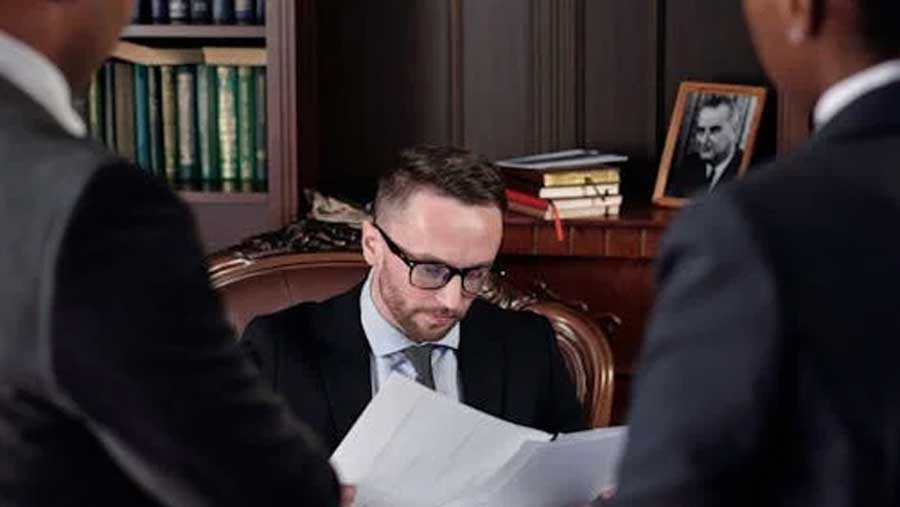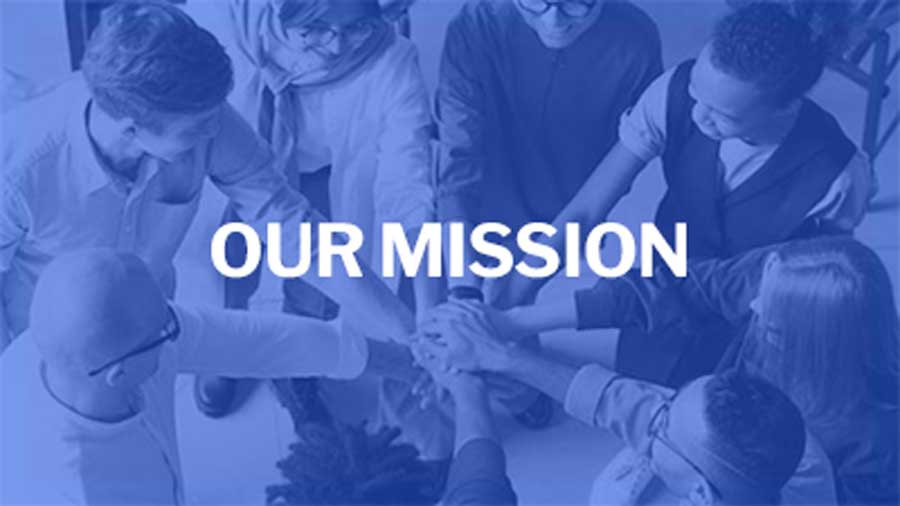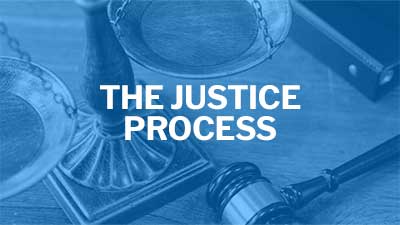PROSECUTORS
DUTIES AND FUNCTIONS OF A PROSECUTOR

A prosecutor is a key figure in the judicial system, representing the government in criminal cases. The prosecutor advocates ONLY for the victim, not the accused.
In most states, the chief prosecutor, often called a district attorney, state’s attorney, or prosecuting attorney, is elected by the voters within their jurisdiction. While the theory is that the prosecutor will be fair and unbiased in their job, they must be elected. Anytime there is an election, politics plays into decisions. And when looking at prosecutors across each state and even each local office, each has a different viewpoint of the law.
Job Responsibilities of a Prosecutor
- Review and File Charges
- After law enforcement conducts an investigation, the prosecutor evaluates the evidence to determine whether formal charges should be filed. They must assess whether there is enough evidence to proceed with a case and ensure that charges are legally justified. Law enforcement never decides to file formal charges; that function lies with the prosecutor.
- Present Cases in Court
- Prosecutors argue cases against defendants in criminal trials. They present evidence, call witnesses, cross-examine defense witnesses, and make legal arguments to prove the defendant’s guilt beyond a reasonable doubt.
- Negotiate Plea Deals
- In many cases, prosecutors engage in plea bargaining, where they negotiate with the defense to reach a plea agreement. A plea deal can result in reduced charges or lighter sentences in exchange for a guilty plea, helping to resolve cases efficiently and reducing court backlogs. Plea deals settle up to 97% of criminal cases.
- Ensure Fair Justice
- While their role is prosecuting crimes, prosecutors must also seek justice, not just convictions. They are ethically bound to disclose exculpatory evidence (evidence that may prove the defendant’s innocence) and ensure fair trials.
- Work with Law Enforcement
- Prosecutors collaborate with police, reviewing investigations, guiding legal procedures, and sometimes assisting in obtaining search warrants and subpoenas.
Prosecutors are arguably the most powerful figures in the legal system for someone arrested for a criminal offense. They decide what if anything, to charge—a decision that can be life-altering before and after a conviction. Whether a case goes to trial or ends in a plea deal, as the vast majority of criminal cases do, prosecutors play a major role in determining a sentence. Even the line between violent and non-violent offenses—of great consequence for someone facing charges—is primarily drawn by prosecutors.
Yet prosecuting attorneys lack reliable standards to guide them in making these vital decisions. In a recent survey conducted by the Center for Justice Innovation (formerly Center for Court Innovation), 274 prosecuting agencies responded to questions about their decision-making processes and values. The results of this survey suggest that prosecutors gauge how seriously to treat an offense based, in part, on the risk of future harm and the feelings of survivors. Yet neither can be measured precisely, presenting the danger that unconscious bias might warp prosecutors’ decision-making.
While prosecutors are expected to be impartial and objective, biases, both conscious and unconscious, can influence their decisions. The criminal justice system has mechanisms to address potential bias and ensure fairness.
Here’s a more detailed explanation:
- Ideal vs. Reality:
Prosecutors are tasked with upholding the law and seeking justice. Still, they also have significant discretion in charging, plea bargaining, and sentencing, which can create opportunities for bias to influence their decisions.
- Types of Bias:
- Implicit Bias: Unconscious biases based on stereotypes or personal experiences can affect decision-making.
- Explicit Bias: Conscious biases based on prejudice or discrimination can also lead to unfair outcomes.
- Systemic Bias: Structural or institutional biases within the criminal justice system can disproportionately impact specific groups.
- Addressing Bias:
- Training and Education: Prosecutors are often trained to recognize and address their own biases.
- Accountability: Mechanisms for reviewing prosecutorial decisions and addressing misconduct can help ensure fairness.
- Transparency: Increased transparency in prosecutorial decision-making can help identify and address potential biases.
- Data Analysis: Analyzing data on charging and sentencing patterns can reveal disparities and inform reforms.
- Ethical Obligations:
Prosecutors have ethical obligations to be impartial, avoid conflicts of interest, and ensure that defendants receive a fair trial.
- Impact of Bias:
Prosecutorial bias can lead to unfair convictions and disproportionate sentencing and undermine public trust in the criminal justice system.
- Examples:
- Racial Bias: Studies have shown that racial bias can influence charging decisions and sentencing outcomes.
- Socioeconomic Bias: Prosecutors may be more likely to prosecute individuals from low-income communities.
- Political Pressure: Prosecutors may face pressure from elected officials or special interest groups to prosecute certain cases.
In many cases, the accused may never see or meet the prosecutor until the day of court. All communication, discussion, and negotiation flows between the prosecutor and the defense attorney. Once again, you must retain a competent attorney to deal with the prosecutor.







